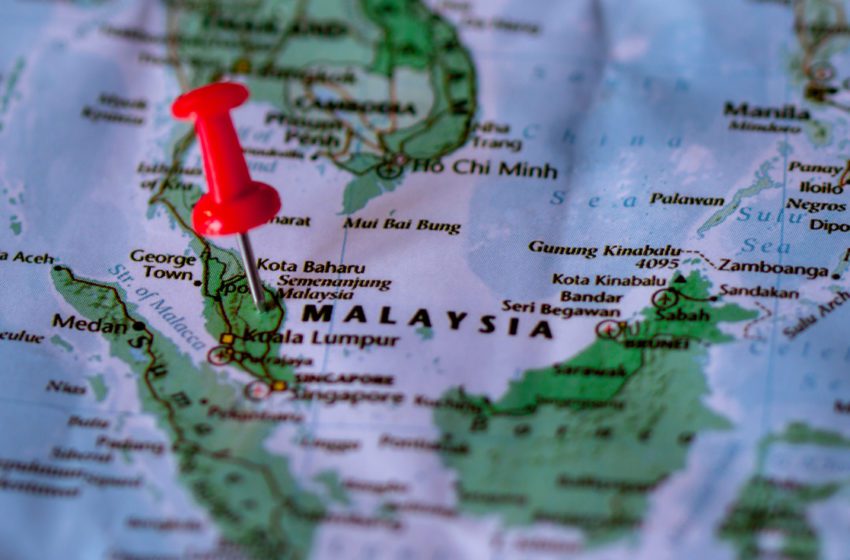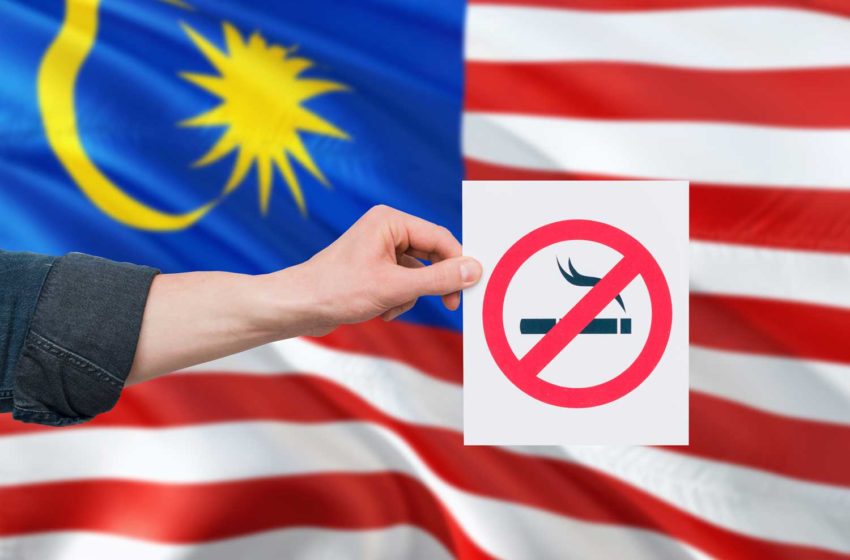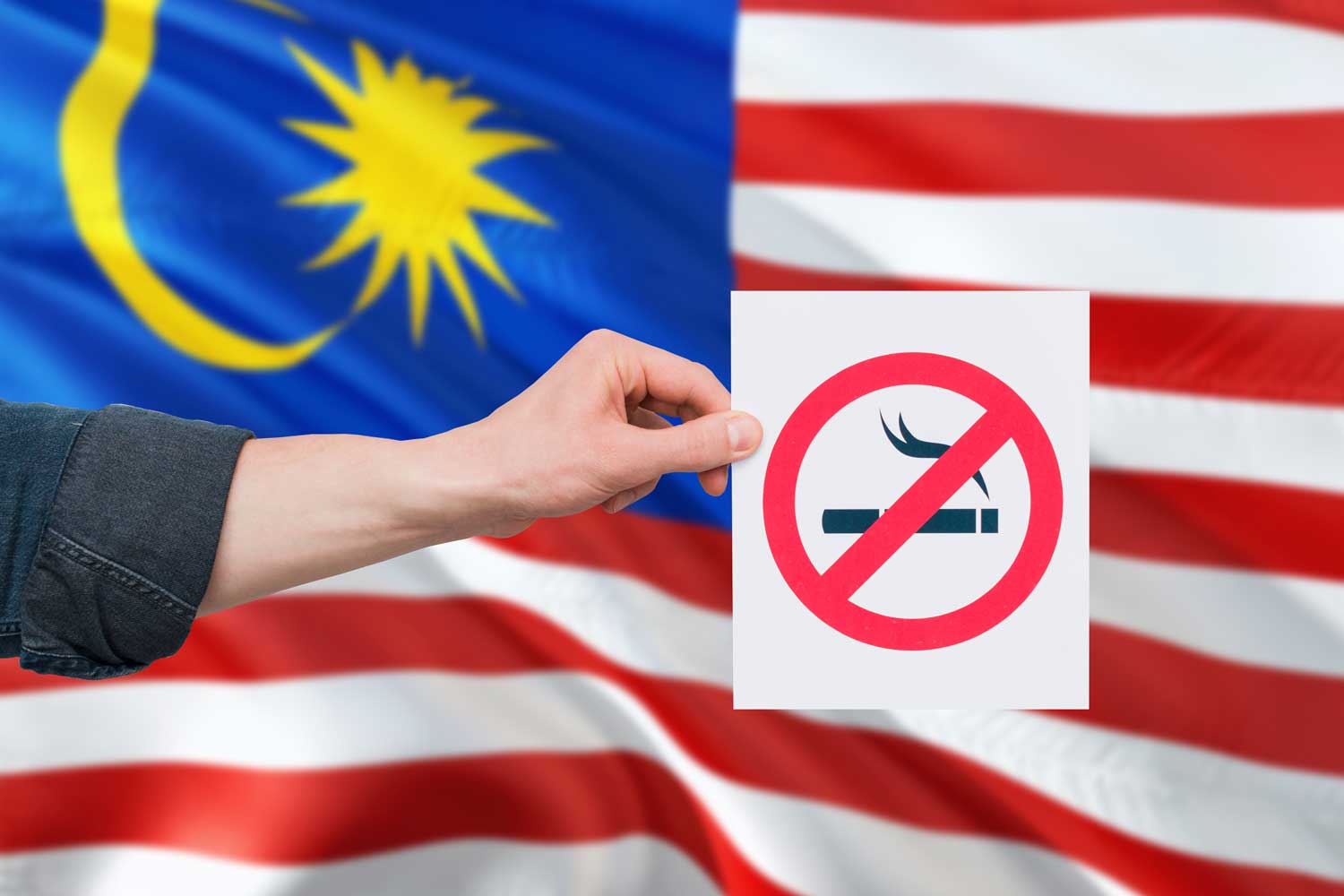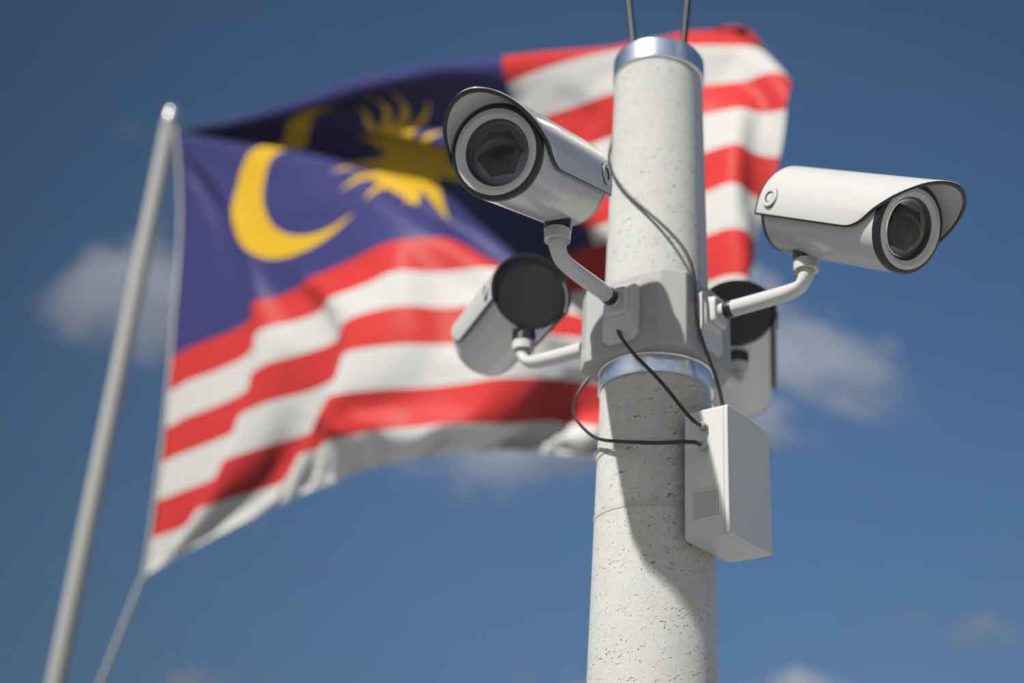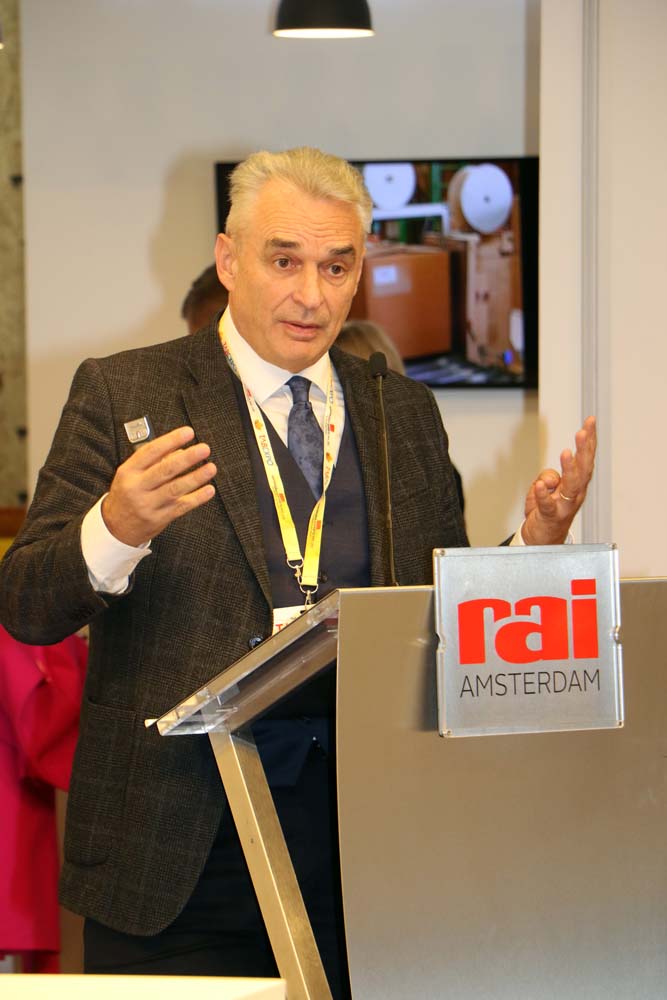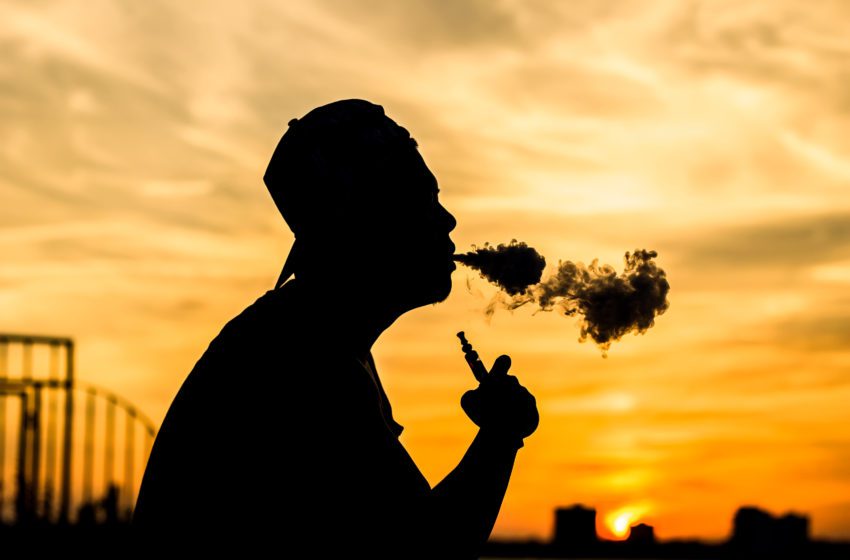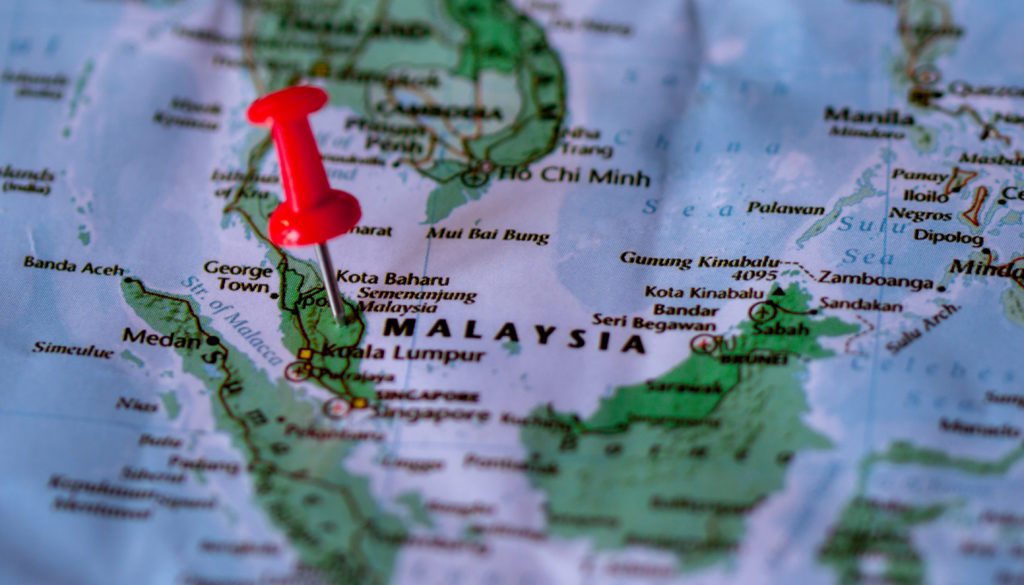
The Malaysian government is pushing forward a bill that seeks to ban vaping and smoking for those born from 2007, after making amendments following resistance from some lawmakers.
Health Minister Khairy Jamaluddin said he hopes the legislation – dubbed a “generational endgame” (GEG) – will receive the support of lawmakers when it is tabled at the next parliament session in October.
It was referred to a parliamentary select committee in August for further scrutiny amid criticism that some of its features would infringe on personal freedom.
“The enforcement powers really are focused and restricted only against distribution, manufacturing and supply,” Khairy said during a Sept. 23 group interview, according to media reports. “We’ve clarified that in the latest amendments, so if you contravene the law in terms of GEG smoking offence, then the enforcement officer cannot frisk you, they cannot take away your computer or your phone or things like that.”
Malaysian lawmakers last month delayed a vote on the bill and referred it to the select committee to examine and make recommendations for improvement.
The bill also bans those born after 2007 from buying, possessing or using tobacco and other related products even after they reach 18.
Shopkeepers and distributors will be prohibited from selling such products to anyone in the age group under the proposal.

